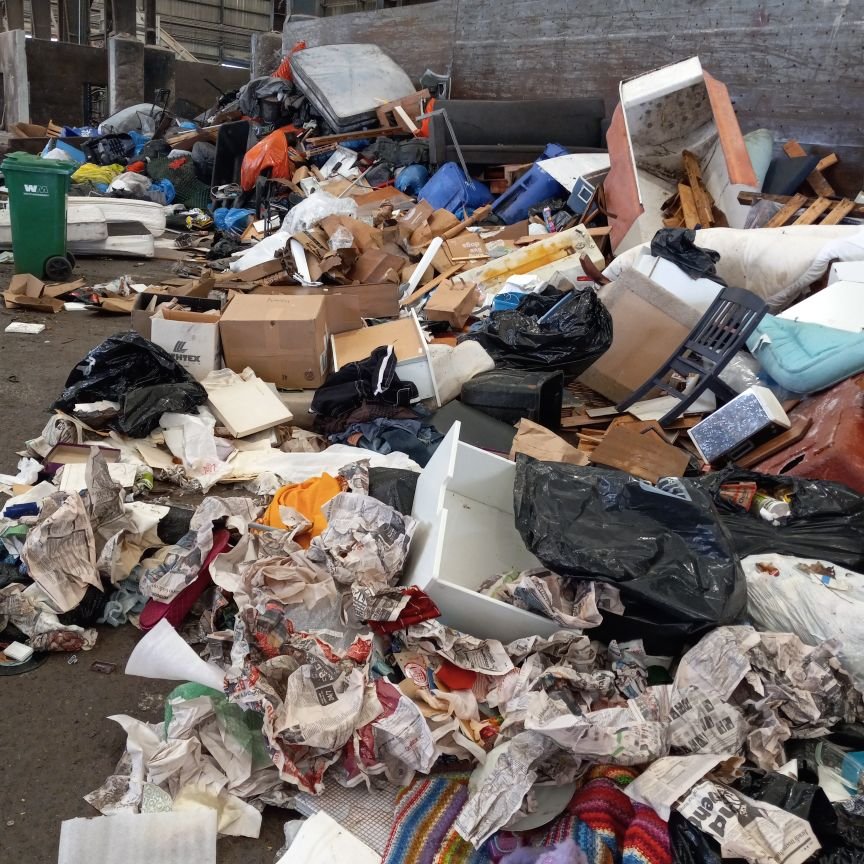The Important Role of Proper Fluid Waste Removal Methods in Waste Administration
In the world of waste management, the significance of utilizing proper liquid waste removal techniques can not be overemphasized. It is within this framework that the execution of audio fluid waste removal strategies stands as a keystone of responsible waste administration techniques.
Value of Proper Liquid Waste Elimination
Why is correct liquid waste elimination critical in keeping public and ecological health and wellness criteria? Proper fluid waste elimination is necessary for safeguarding the atmosphere and upholding public health requirements.
Ecological Benefits of Efficient Techniques
Executing effective fluid waste removal strategies not only safeguards the environment but also plays a crucial function in keeping public wellness standards. By making use of correct methods, such as innovative filtration systems and liable disposal approaches, the ecological benefits are significant. Among the main benefits is the avoidance of contamination of all-natural water resources. Inappropriate disposal of fluid waste can result in contaminants leaking right into the soil and at some point reaching groundwater reservoirs, impacting both human health and wellness and environments.
Furthermore, effective fluid waste elimination techniques assist minimize the danger of waterborne diseases. By ensuring that dangerous materials are not released right into water bodies, the spread of diseases triggered by polluted water can be minimized. Moreover, proper waste administration practices add to the conservation of marine life. Harmful chemicals in fluid waste can have destructive results on aquatic and fresh water organisms, disrupting communities and biodiversity.
Health And Wellness Effects of Inadequate Removal
The destructive health effects related to poor liquid waste removal emphasize the crucial relevance of appropriate disposal methods and reliable administration practices. Incorrect removal of liquid waste can result in the contamination of water resources, presenting major health and wellness threats to both people and wild animals. When liquid waste including unsafe chemicals, microorganisms, or other toxins is not sufficiently gotten rid of and dealt with, it can leak into groundwater, rivers, and seas, endangering the top quality of alcohol consumption water and marine ecosystems.
Direct exposure to infected water as a result of insufficient liquid waste removal can result in different health issues, consisting of intestinal ailments, skin infections, breathing issues, and much more severe conditions such as body organ damages or neurological disorders. In addition, the release of untreated fluid waste into the environment can add to the spread of waterborne diseases, web producing public health situations that need substantial sources to address.
Consequently, implementing appropriate liquid waste removal methods is crucial to securing public health and wellness and maintaining the stability of ecosystems. Industrial waste water treatment. By focusing on effective waste monitoring techniques, we can alleviate the health threats linked with insufficient liquid waste removal and advertise a healthier environment for all
Function in Avoiding Water Contamination
Reliable liquid waste removal strategies play an essential function in preventing water contamination and protecting public health. Inappropriate disposal of liquid waste, such as neglected sewer or industrial effluents, can cause the contamination of water sources, positioning serious threats to human wellness and the atmosphere. When liquid waste is not adequately gotten rid of and dealt with, damaging materials can leak right into groundwater, rivers, and oceans, infecting alcohol consumption water products and aquatic communities.
Contaminated water can lug a series of toxins, including virus, hefty metals, and chemicals, that have the possible to trigger waterborne diseases, eco-friendly damages, and lasting health and wellness results in people and wild animals. Appropriate liquid waste removal strategies, such as wastewater therapy plants, septic tanks, and industrial effluent treatment centers, are crucial for eliminating or neutralizing unsafe impurities prior to they can enter water bodies.
Ensuring Safe Disposal Practices
Making certain proper disposal methods for fluid waste is important to protect water resources and public wellness from contamination risks. Safe disposal methods include view website adhering to standards and guidelines stated by environmental agencies to lessen the effect of liquid waste on the setting. Appropriate containment and storage space of liquid waste are critical to stop leakages or spills that can seep into the dirt and pollute groundwater resources. Executing efficient therapy approaches, such as purification or chemical processes, prior to disposal can likewise considerably minimize the damaging impacts of fluid waste on the setting.

Final Thought
In verdict, proper liquid waste elimination strategies play a vital duty in waste administration by stopping ecological contamination and protecting public health and wellness. Effective elimination methods guarantee the secure disposal of fluid waste, lessening the negative influence on ecosystems and water sources. It is imperative for sectors and people to take on liable practices to minimize the harmful effects of incorrect fluid waste disposal.
In the realm of waste administration, the relevance of employing suitable fluid waste removal techniques can not be overemphasized. It is within this framework that the execution of sound liquid waste removal strategies stands as a cornerstone of accountable waste monitoring methods.
